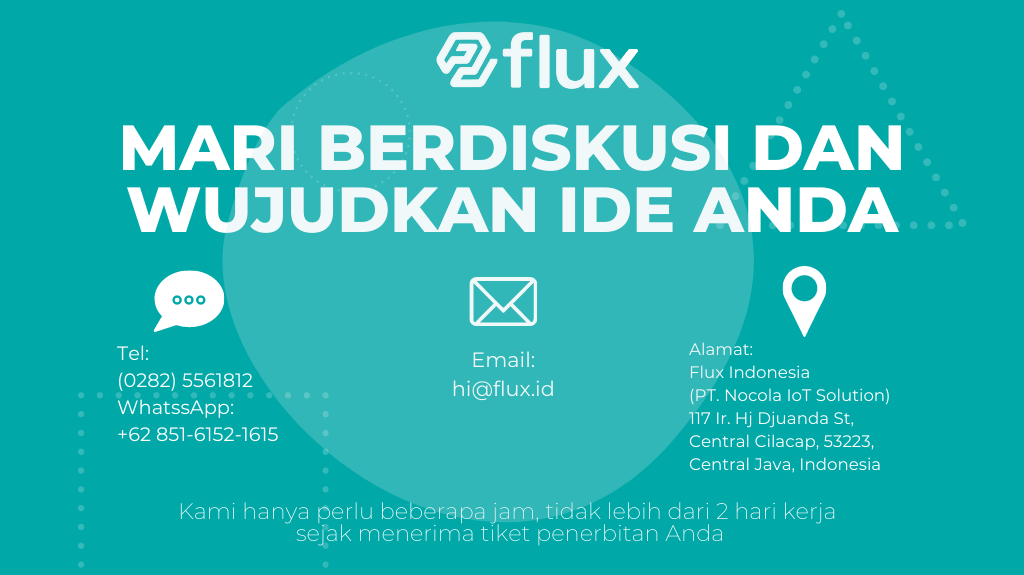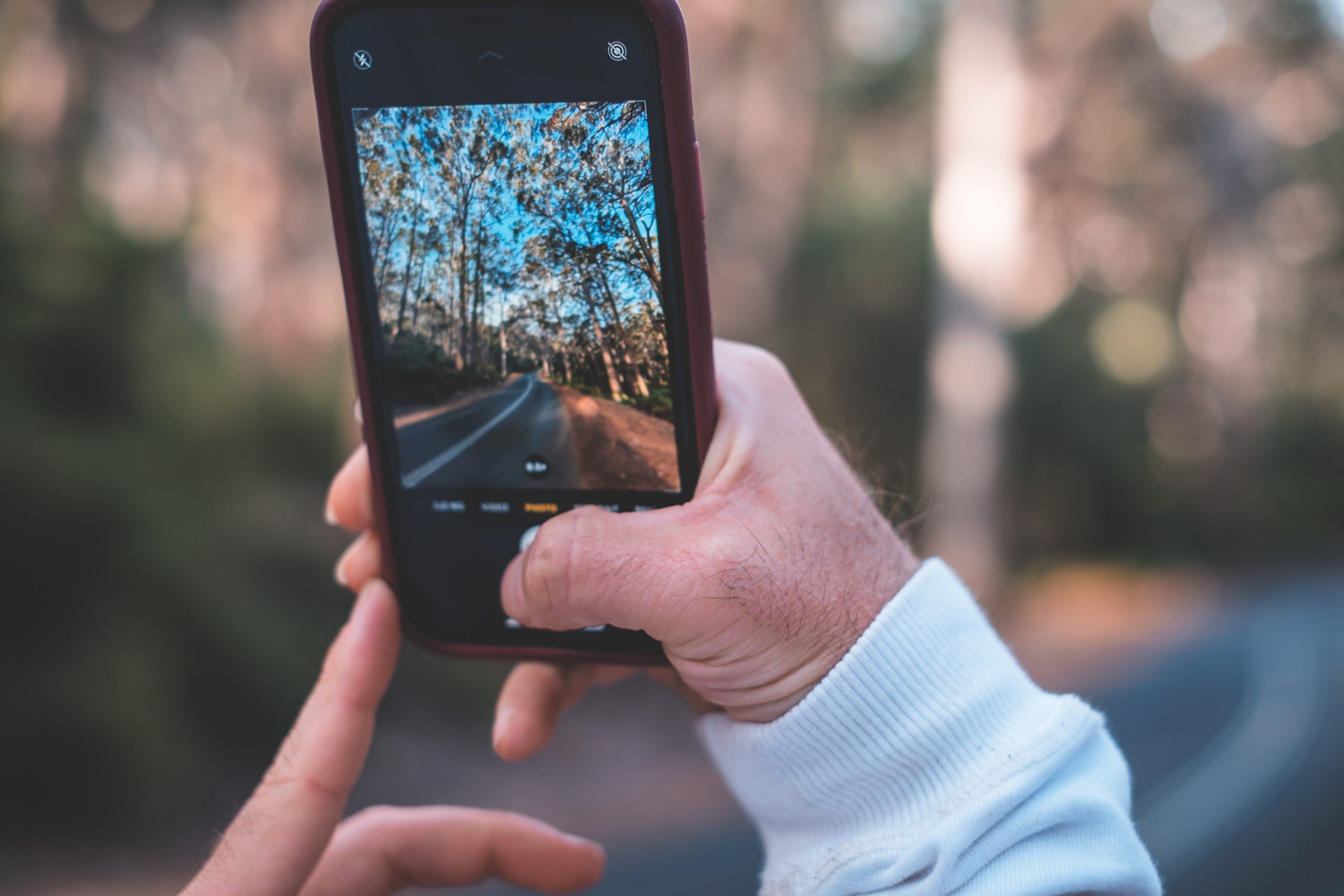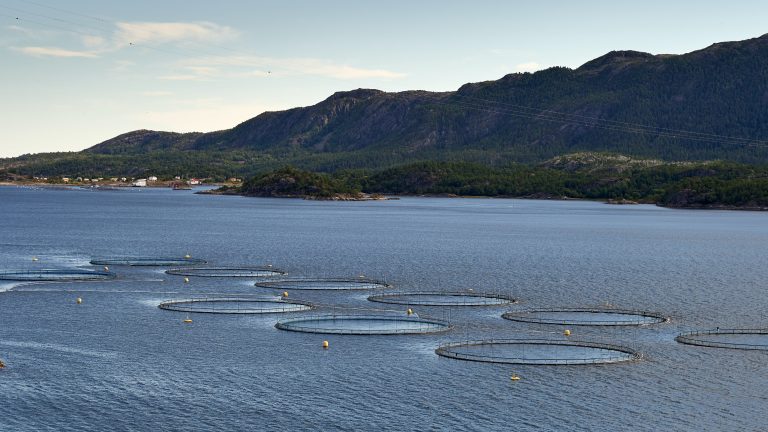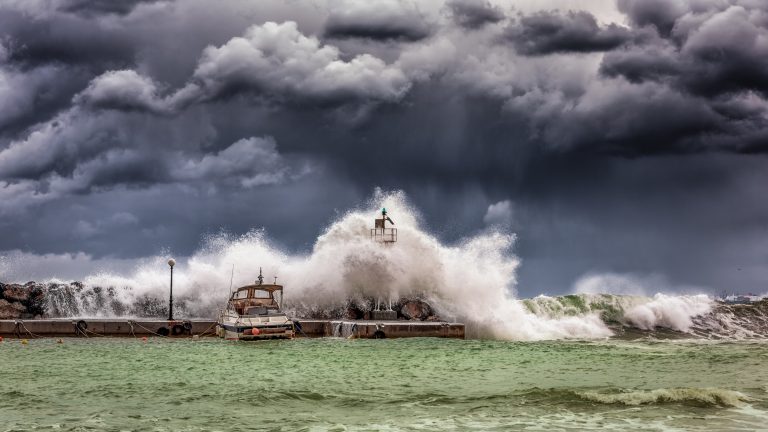Don't miss our holiday offer - 20% OFF!
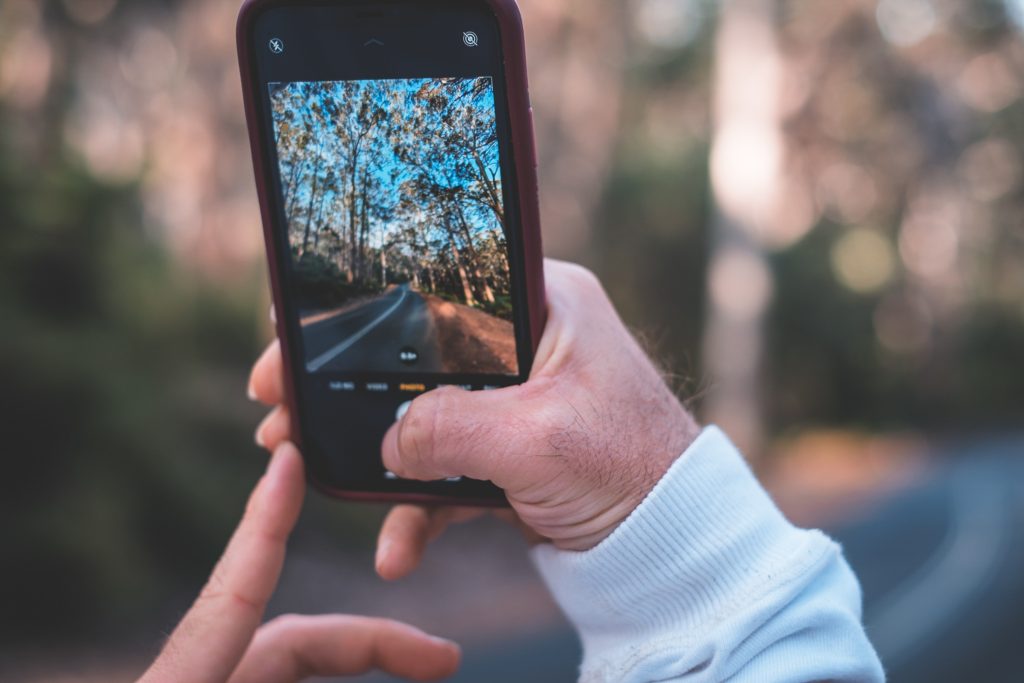
Read also : IoT and the Environment: Transforming Landscaping Services
Tourism is a critical pillar of the economy in many countries, and with technological advancements, the Internet of Things (IoT) has become key to optimizing the management of tourist destinations. Smart sensors integrated into the IoT network have paved the way for innovation in managing and enhancing the experiences of tourists. This article will elucidate how IoT-based smart sensors have reshaped the paradigm of tourism destination governance.
Contents
Optimizing Tourist Experiences
Tourist experiences are a pivotal factor influencing a destination’s popularity, with smart sensors playing a central role in this context:
Traffic Monitoring
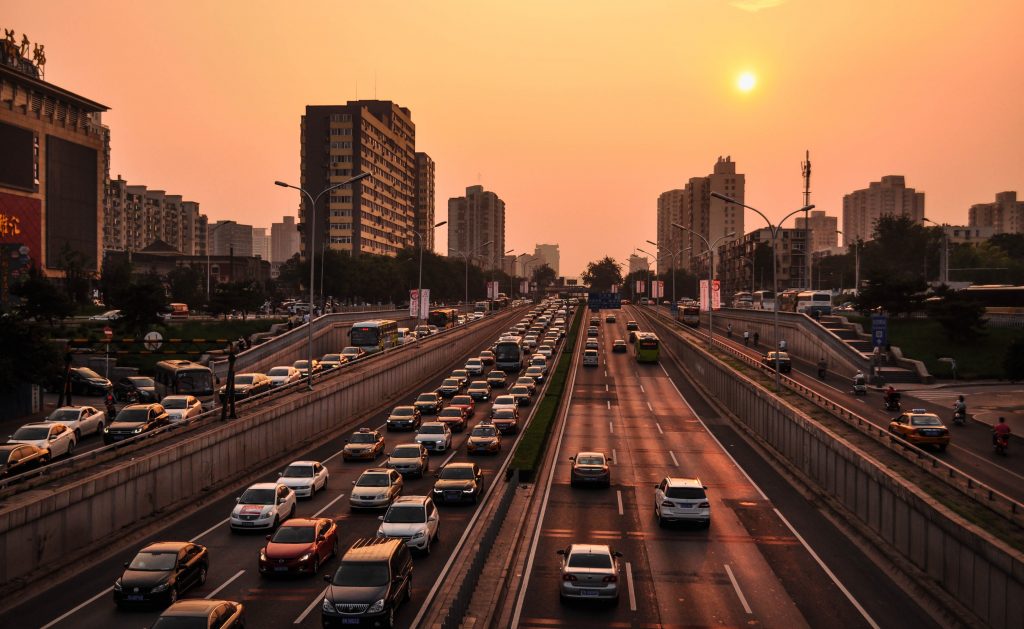
Read also : Utilizing IoT in Flood Monitoring and Early Warning Systems
IoT traffic sensors can monitor and regulate traffic flow around tourist destinations, reducing congestion and travel time for tourists.
Security and Compliance

Read also : Security and Preparedness Enhanced by Smart EWS Technology
Smart sensors can be employed to monitor destination security. Fire sensors and other security sensors can provide rapid responses to emergency situations.
Enhanced Services

Read also : IoT Sensors for Enhanced Urban Landscaping
Smart sensors in hotels, restaurants, and tourist spots can improve guest services. Environmental sensors can adjust temperature and lighting conditions to meet tourists’ preferences.
Efficient Destination Governance
The utilization of IoT in the governance of tourist destinations offers significant benefits:
Real-time Data

Read also : Automated Parking Concept: Smart Solution for Availability
Smart sensors collect real-time data that provides valuable insights for enhancing destination management. This includes weather data, visitor counts, and visitation patterns.
Strategic Planning

Read also : Measuring Air Conditions: How Humidity Sensors Help Prevent Issues in Electric Motors
Data gathered by smart sensors enables tourism authorities to plan strategically. This may involve infrastructure enhancements, resource allocation, and informed decision-making.
Resource Management
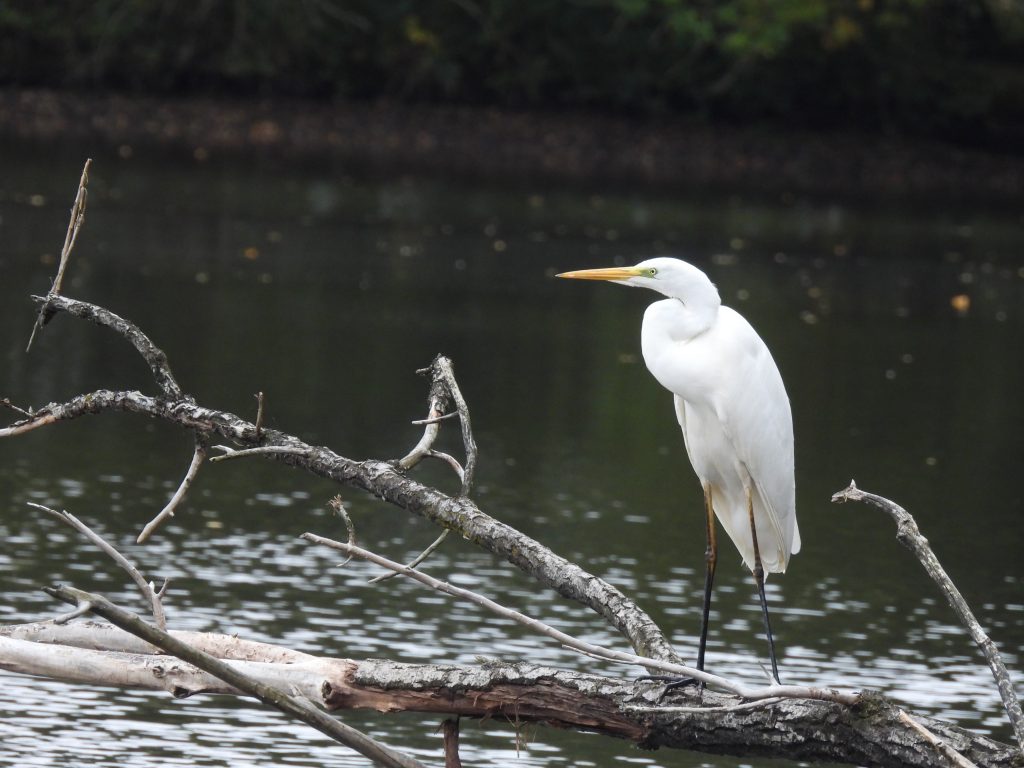
Read also : Optimizing Energy and Resource Usage in the Office Environment with Smart Technology
Smart sensors aid in the efficient management of resources such as water and energy. This has a positive impact on the environment and sustainability.
Conclusion
The deployment of IoT and smart sensors has enabled a transformation in the governance of tourist destinations. By utilizing real-time data, tourism authorities can enhance tourist experiences, improve security, and manage destinations more efficiently. This is a crucial step towards creating attractive, sustainable tourist destinations and delivering better services to visitors. By continually optimizing IoT-based tourism, these destinations can thrive and innovate in an ever-evolving digital era.
